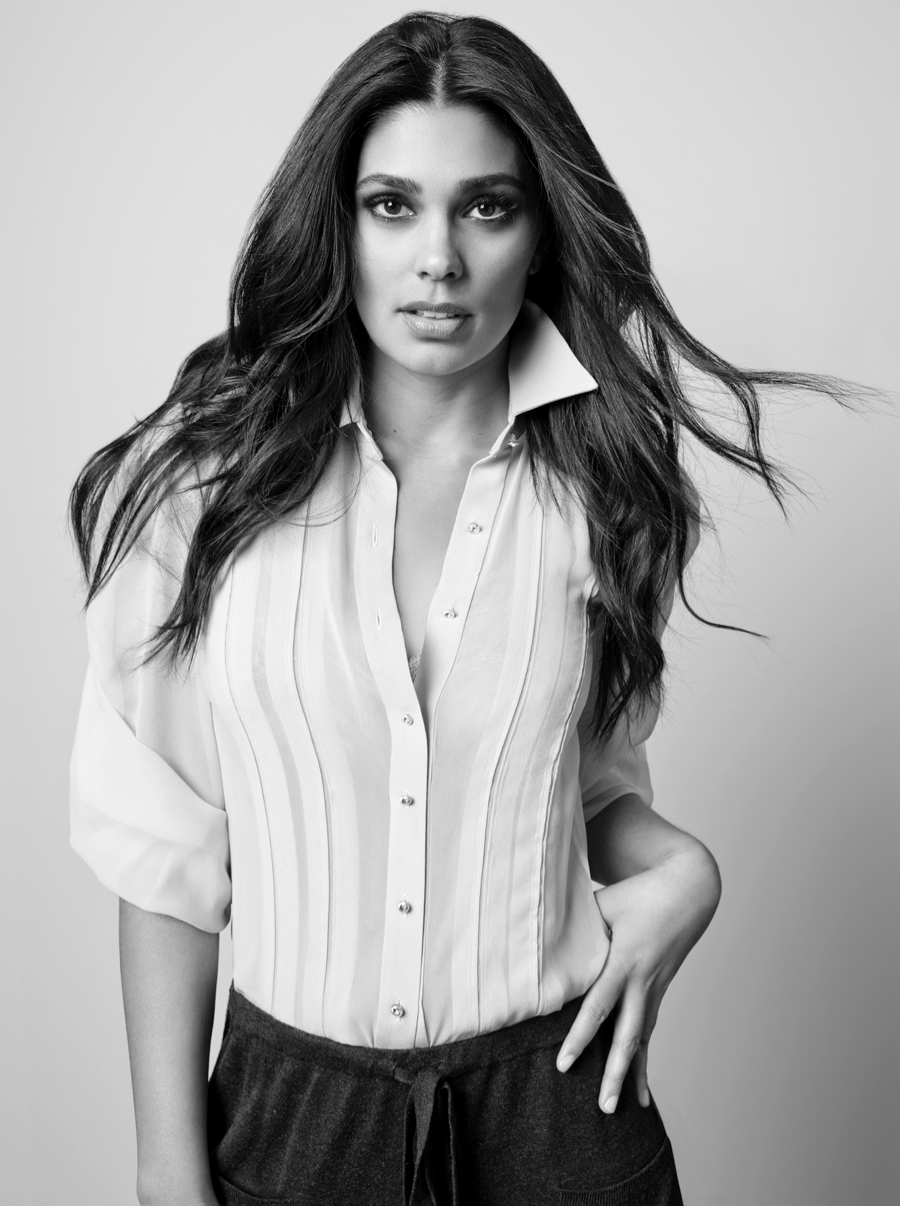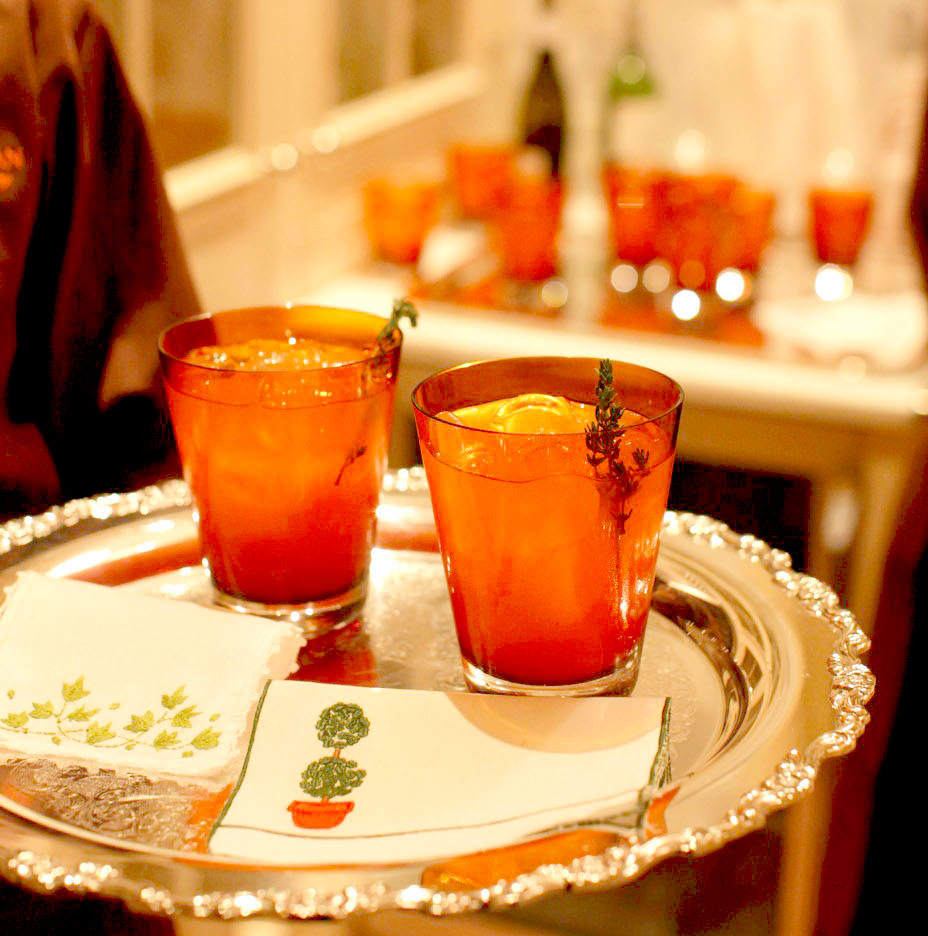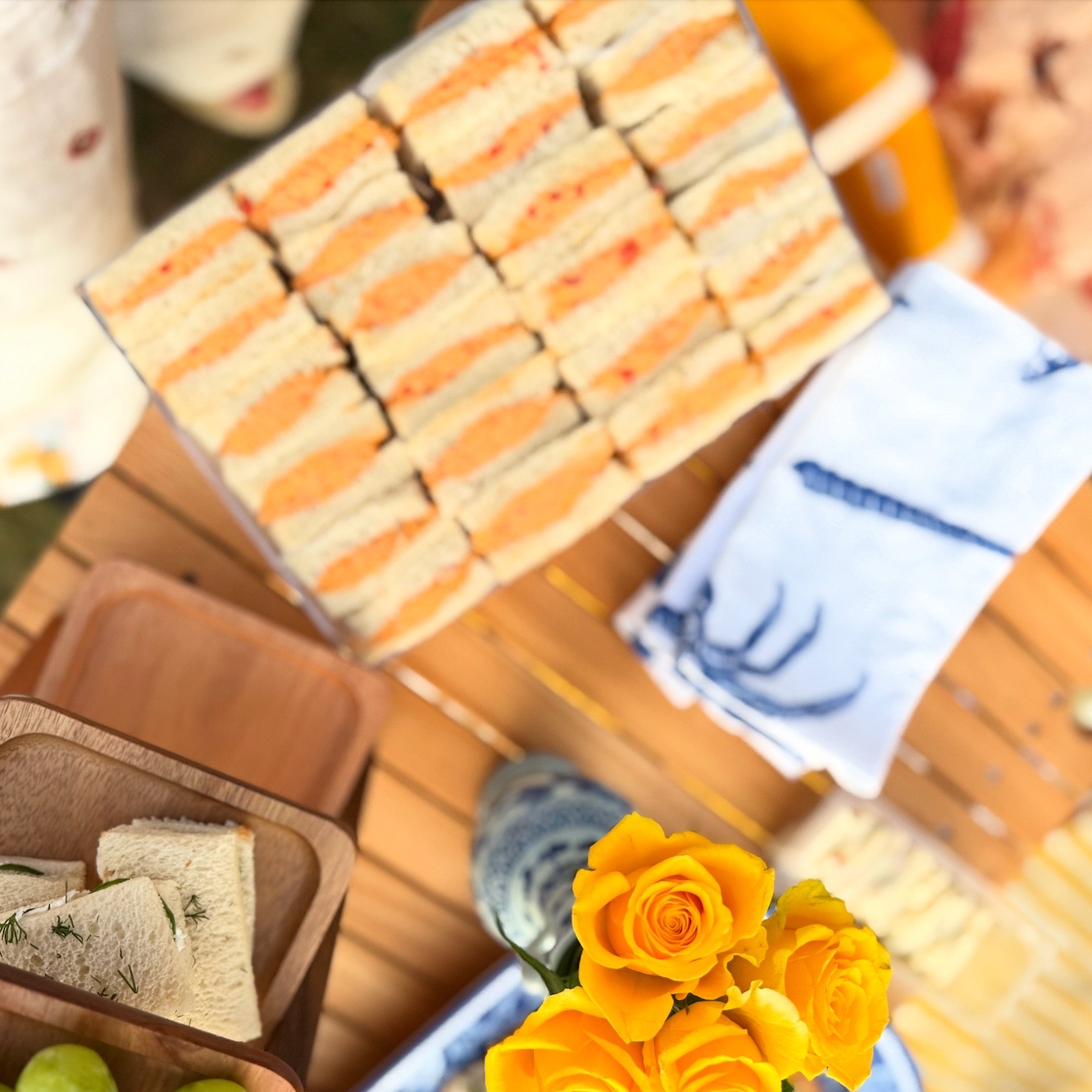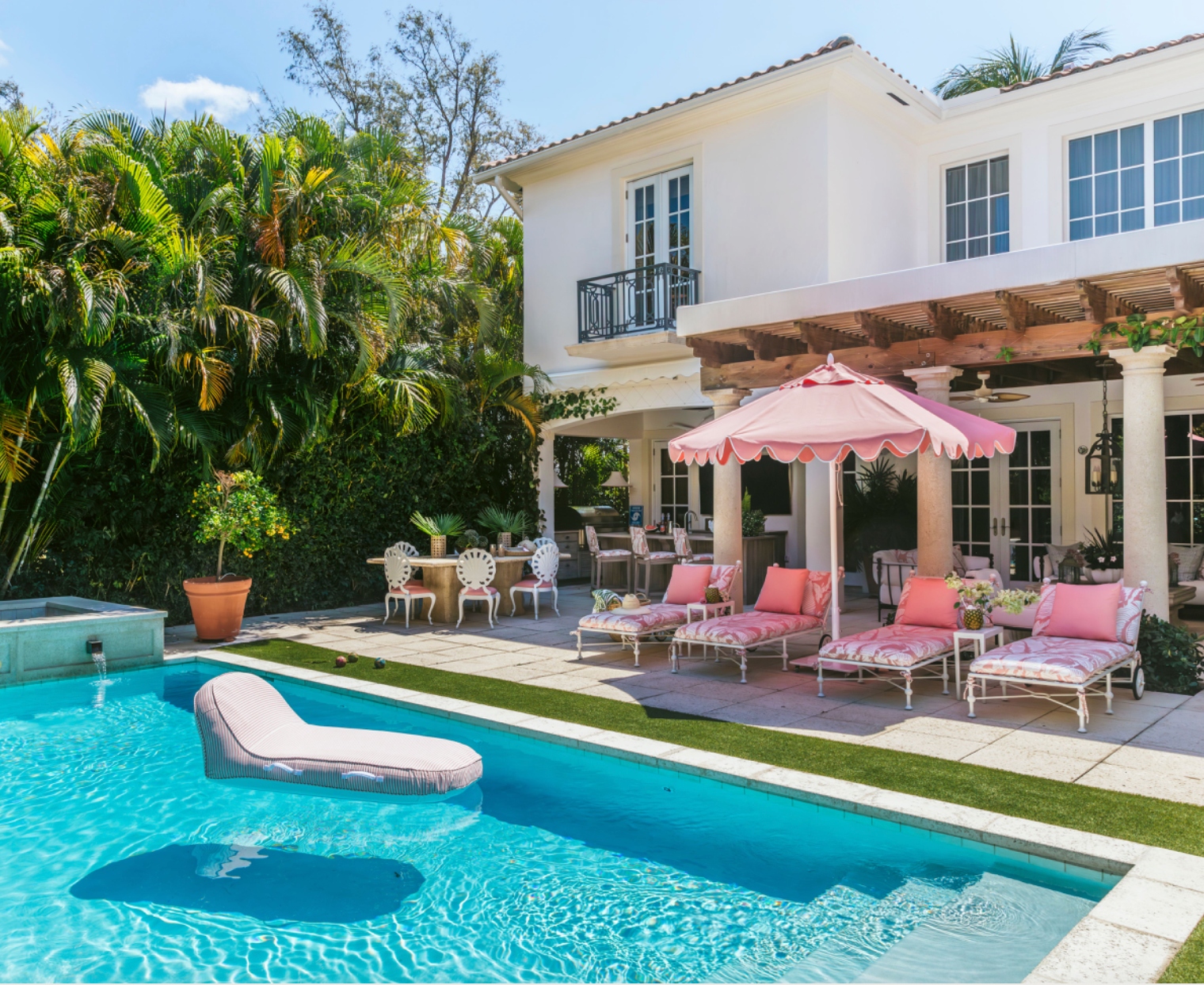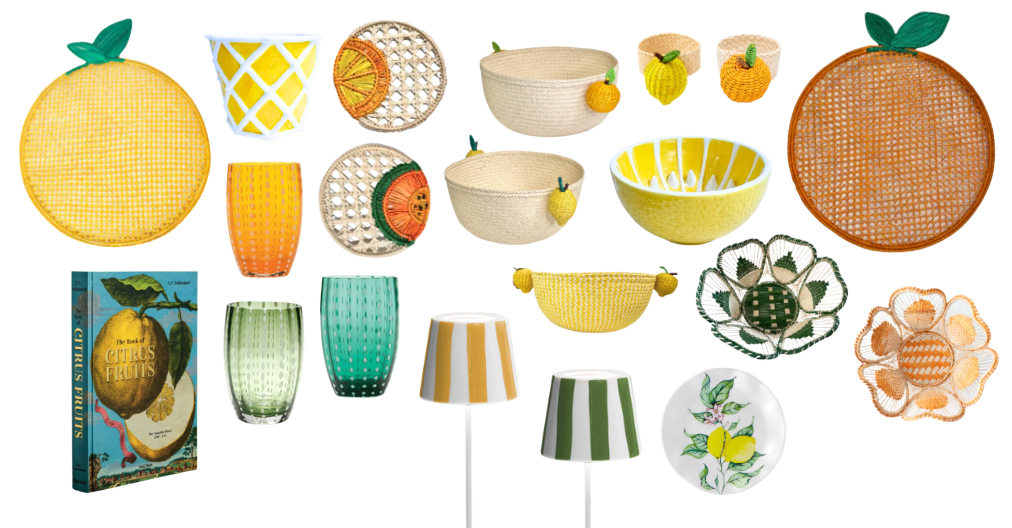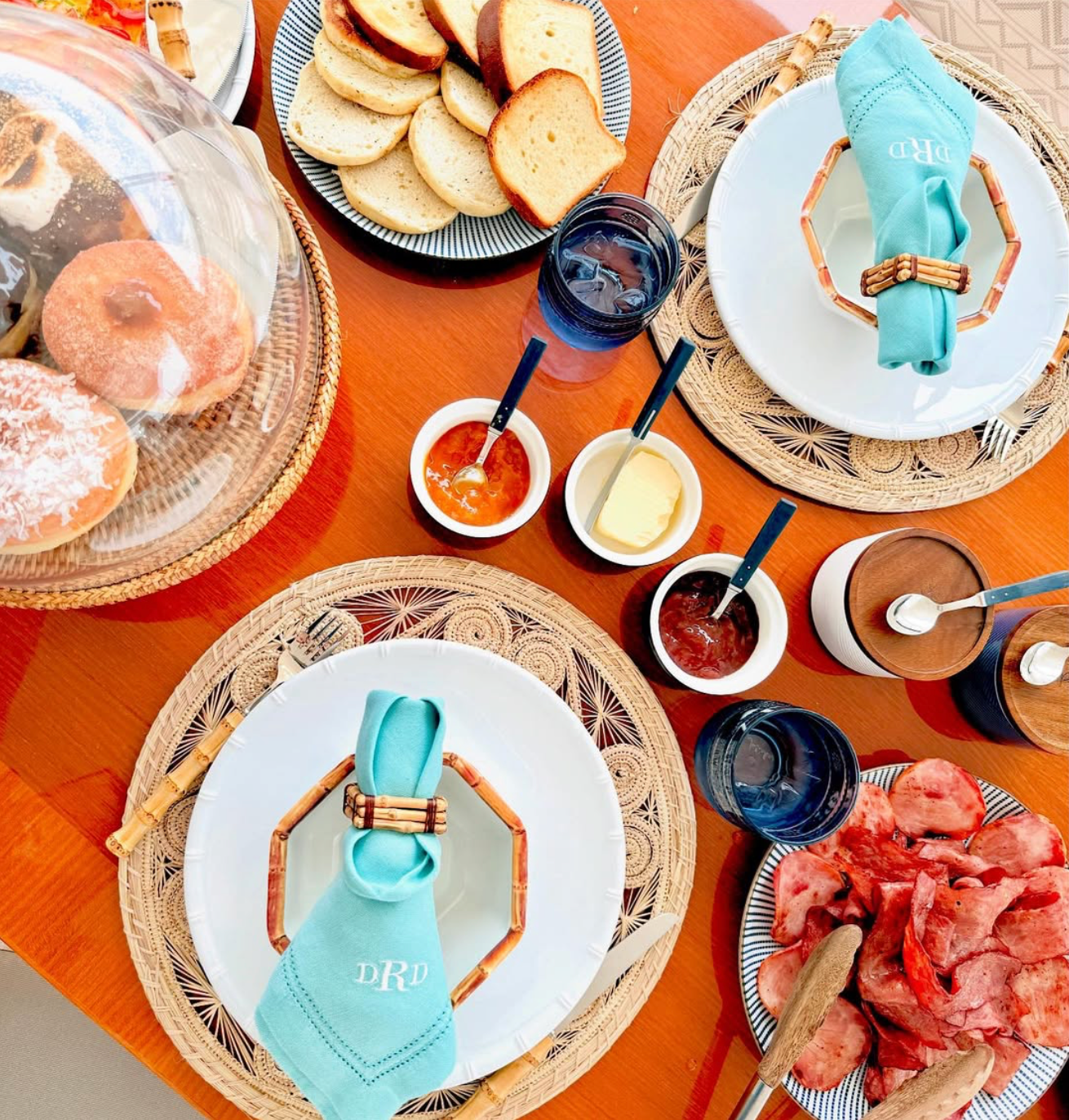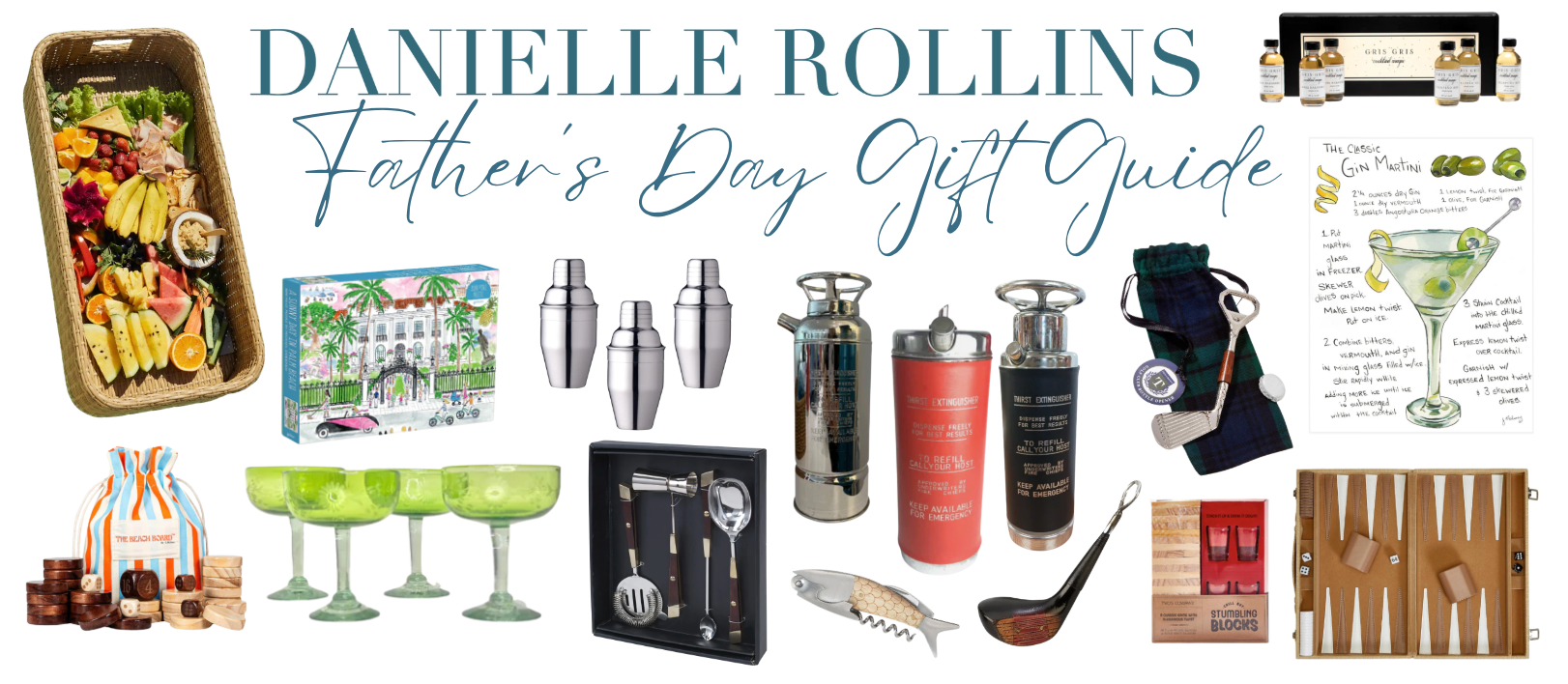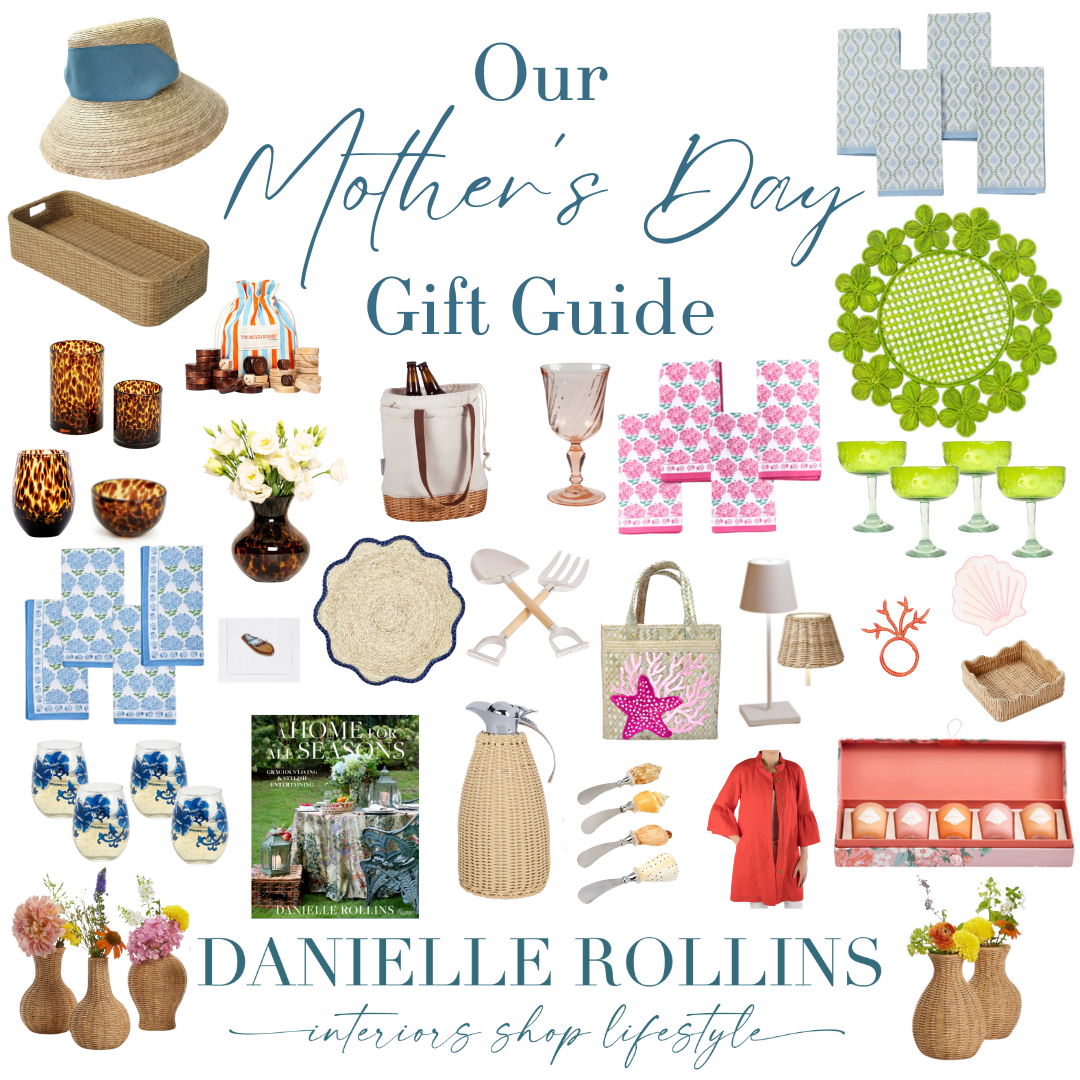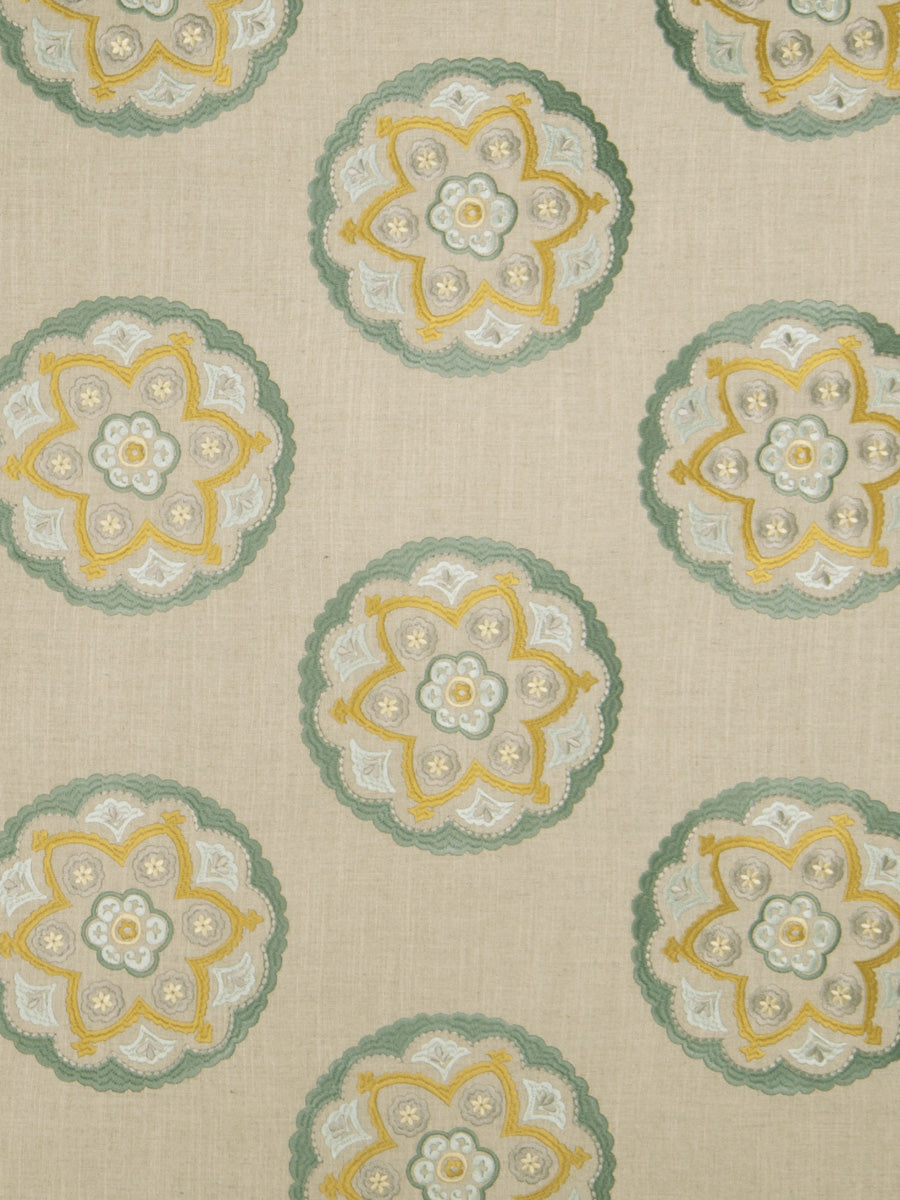
WHY THIS COST THAT: FABRICUT, INC.
“An art rather than a science”…how Fabricut, Inc. and I view the intricate process of fabric and embroidery production. This month’s Why This Costs That will provide a better understanding of what this industry leader considers when pricing two of their most popular fabrics.
Fabricut, Inc. is one of my favorite sources for quality fabrics. The company’s story is as beautifully woven as the products they offer, and I was delighted to find myself as interested in learning about Fabricut’s history as I was in understanding the cost of two of their most popular fabrics. In the early 1950s, Joe Finer and Harry Guterman owned a drapery and slip cover store in Huntington, NY.
These two friends had survived Nazi Germany and two world wars, and together they dreamed of opening a wholesale fabric operation. In 1954, their dream was realized with the opening of Fabricut in Tulsa, OK, where they offered twelve fabric patterns. Today, Fabricut, Inc. is a global player in the home furnishings industry and has expanded far beyond the twelve original patterns.
The company now includes multiple brands such as S. Harris, Vervain, Trend, and Stroheim. Fabricut, Inc. is family-run and employee-owned, with two of the sons still serving on the executive team. Fabricut is 'devoted to supplying beautiful fabrics, trimmings, decorative drapery hardware and wall coverings' according to their company story...and my experience with them! Two of the most popular fabrics from the Fabricut brand are Bixa Medallion in Seabreeze and Medicago in Citrus.
Both fabrics are comprised of 74% viscose, 26% linen, and Indian embroidery. Bixa Medallion in Seabreeze retails at $120 per yard and Medicago in Citrus retails at $96 per yard. The luxurious quality of these fabrics is evident in both the design and the production process. Each fabric is manufactured in India, a country known for beautiful embroideries that require expert hands and valuable time to complete a multi-step process. The following components affect the cost and subsequent value of each embroidery: type and amount of ground cloth; amount of embroidery; hand guided, machine embroidered, or a combination; and the kind of embroidery thread. Fabricut’s quality control is founded on tests for commercial match, or variance form production to Fabricut standard. They require that the ground cloth and embroidery are within a commercial match for color and that the designs are within a commercial match for similarity. Fabricut measures this standard by testing the first yardage of an item. There is an art to this delicate practice, so variation is expected. However, if too many slight variations affect the overall fabric from being a commercial match, Fabricut, Inc. will not include it in their merchandise. The fabric can fail this test if the ground color or the embroidery color is slightly off, the design is shifted slightly to one side or the other, or the stitch tension is varied. It is also necessary to consider that the beautifully intertwined, multi-colored embroideries require different sources of yarn for each individual color. And for the more complicated and detailed embroideries, someone is hand-guiding each stitch resulting in a more expensive price tag than the machine-sewn fabrics. When shopping fabrics, remember that these considerations affect the retail price because they increase the quality of materials available to Fabricut’s customers. And with the holidays right around the corner, might I suggest that you check out their merchandise for your decorating needs…the Bixa Medallion in Seabreeze makes an elegant, non-traditional tree skirt!


